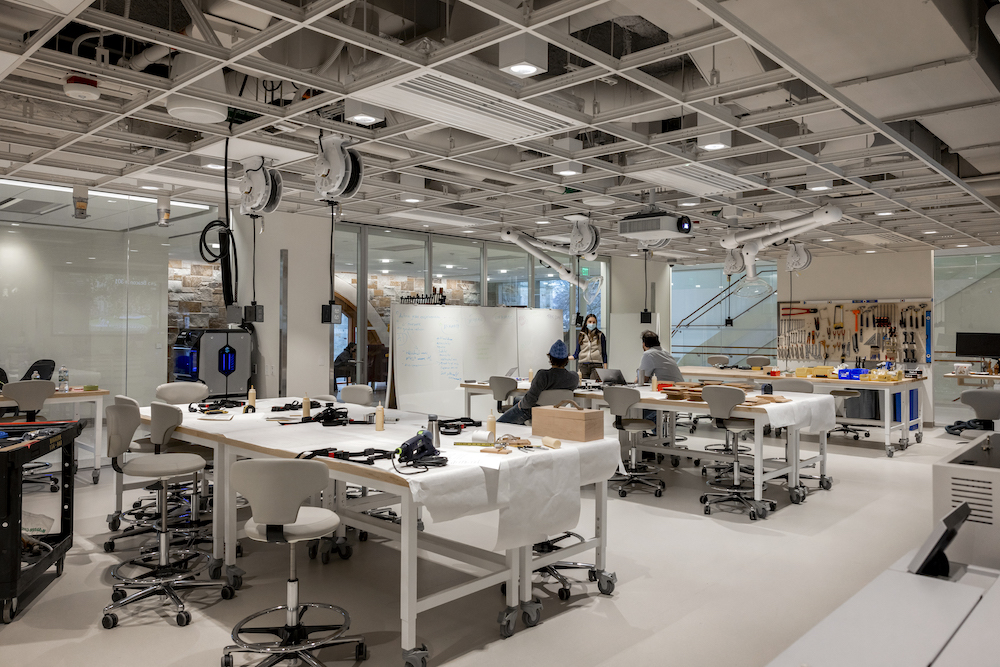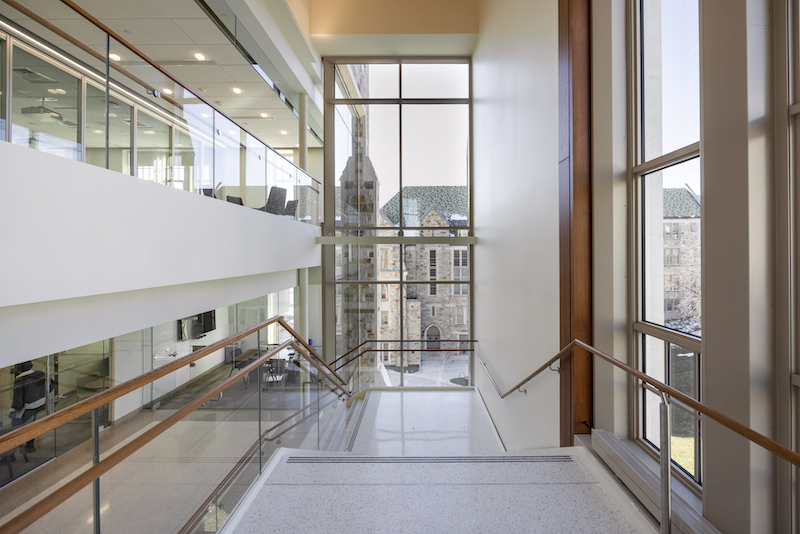New Resources in Engineering
Have you heard the news? Boston College launched its Human-Centered Engineering Department this fall, welcoming over 20 inaugural first year students! Since this summer, staff at BC Libraries have been hard at work making sure folks in this brand new academic department had the right resources to get them off to a successful start.

We are working on back-filling our collection of books with critical works for engineering students and faculty, while also developing the collection around specific faculty interests as diverse as tissue engineering, engineering education, and the history of engineering. A particular focus going forward for our book collection will be social justice, ethics, and design. Interested in any of these? Allow us to recommend a few titles:
- Thinking Like an Engineer: An Active Learning Approach (TA147 .T45 2018)
- The Field Guide to Human-Centered Design (HN981.C6 F535 2015)
- Engineering Justice: Transforming Engineering Education and Practice (available online)

In addition to building our book collection, we’ve added a number of new journals to the collection as well. Take a minute to explore a sampling of them: Science Robotics, Nature Machine Intelligence, Engineering Studies, and the Journal of Women and Minorities in Science & Engineering.
Lastly, we added some new databases to support the work of our engineers, and really, the campus as a whole:
- Compendex: This is a comprehensive database of scientific and technical engineering research, covering all engineering disciplines on a platform called Engineering Village.
- Inspec: Okay, technically this isn’t a new resource, but we’ve moved it over to the Engineering Village platform to make it searchable with Compendex content.
ProQuest SciTech Premium Collection: This collection offers a number of science, technology, materials sciences, and engineering resources. The entire collection is full-text, and includes scholarly journals, trade and industry journals, magazines, technical reports, conference proceedings, government publications, etc.
We hope you all find that these new resources expand your research capabilities in productive ways. If you have any suggestions for additional resources, do not hesitate to get in touch and let us know!
